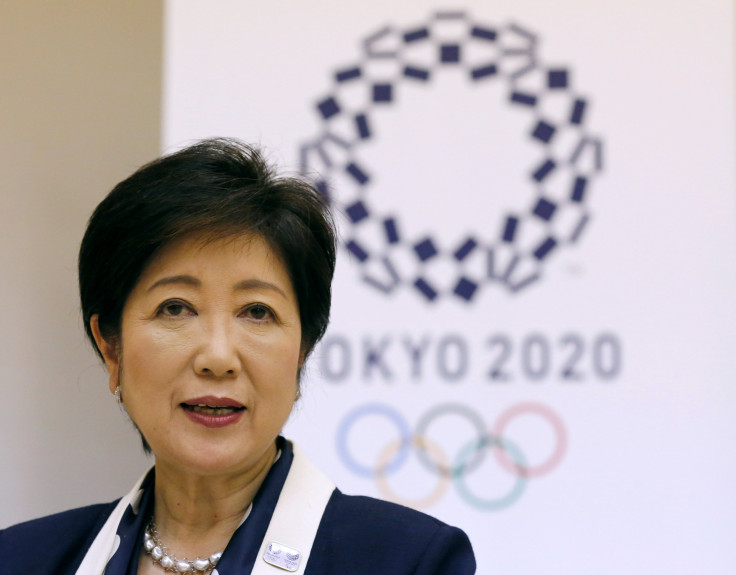Tokyo 2020 Olympics: Further Smoking Ban In Japan Considered To Curtail Secondhand Dangers

Japan is looking to clean up its air ahead of the 2020 Olympic games in Tokyo and is planning to enact stricter regulations on public smoking to further its efforts, according to a report on Thursday from the Japan Times.
The regulations would include bans on smoking in certain places and, for the first time, penalties for people who break the law. A proposed draft of the news rules from the country's Health, Labor and Welfare Ministry would reportedly completely ban indoor smoking in public facilities like government offices, welfare institutions and, importantly, stadiums. Smoking would be banned both indoors and outdoors for schools and medical facilities.
The draft also laid out a bit of a gray area in its rules for smoking at private places that Olympic tourists would flock to, such as restaurants, offices, and hotels. The Japan Times called the rules "ambiguous" in that smoking will be barred "in principle." But designated smoking rooms could also be available.
T❤️Ky❤️ 2❤️2❤️ - 1,380 days to @Tokyo2020 #olympics pic.twitter.com/85gDAWSL2G
— The Olympic Games (@Olympics) October 13, 2016
Health ministry unveils draft proposal to crack down on secondhand smoke ahead of 2020 Olympics https://t.co/iFaMem8qHw
— The Japan Times (@japantimes) October 13, 2016
Smoking expert Hiroshi Yamato, a doctor at the University of Occupational and Environmental Health in Kitakyushu, Japan, told the Japan Times that the country lagged behind other industrialized nations when it comes to secondhand smoke regulations but the new proposed rules were "a good step forward" toward an outright ban at all facilities.
Japan is not the first country to attempt to clean up its air ahead of hosting an Olympics. Beijing rolled out an indoor smoking ban in 2008 that was quietly ignored in many places after the Games until the country laid out stricter penalties last year. The Chinese government also put forth a concerted effort to improve overall air quality in the city plagued by smog, which largely worked and even provided temporary health benefits for city residents.
Some 20 percent of people in Japan are smokers, but more than 30 percent of the population is exposed to secondhand smoke. In comparison to the U.S., the Centers for Disease Control and Prevention found that about 17 percent of Americans smoke cigarettes. Through 2011 and 2012 about one-quarter of U.S. nonsmokers had measurable levels of cotinine in their bodies, which indicates they had been exposed to secondhand smoke, according to the CDC.
© Copyright IBTimes 2024. All rights reserved.












